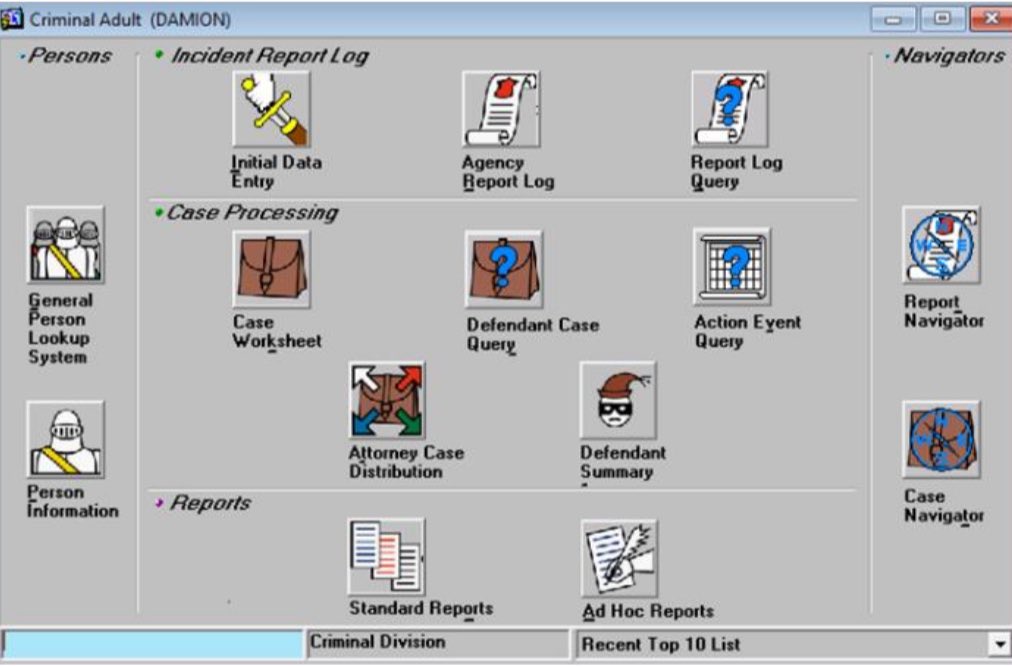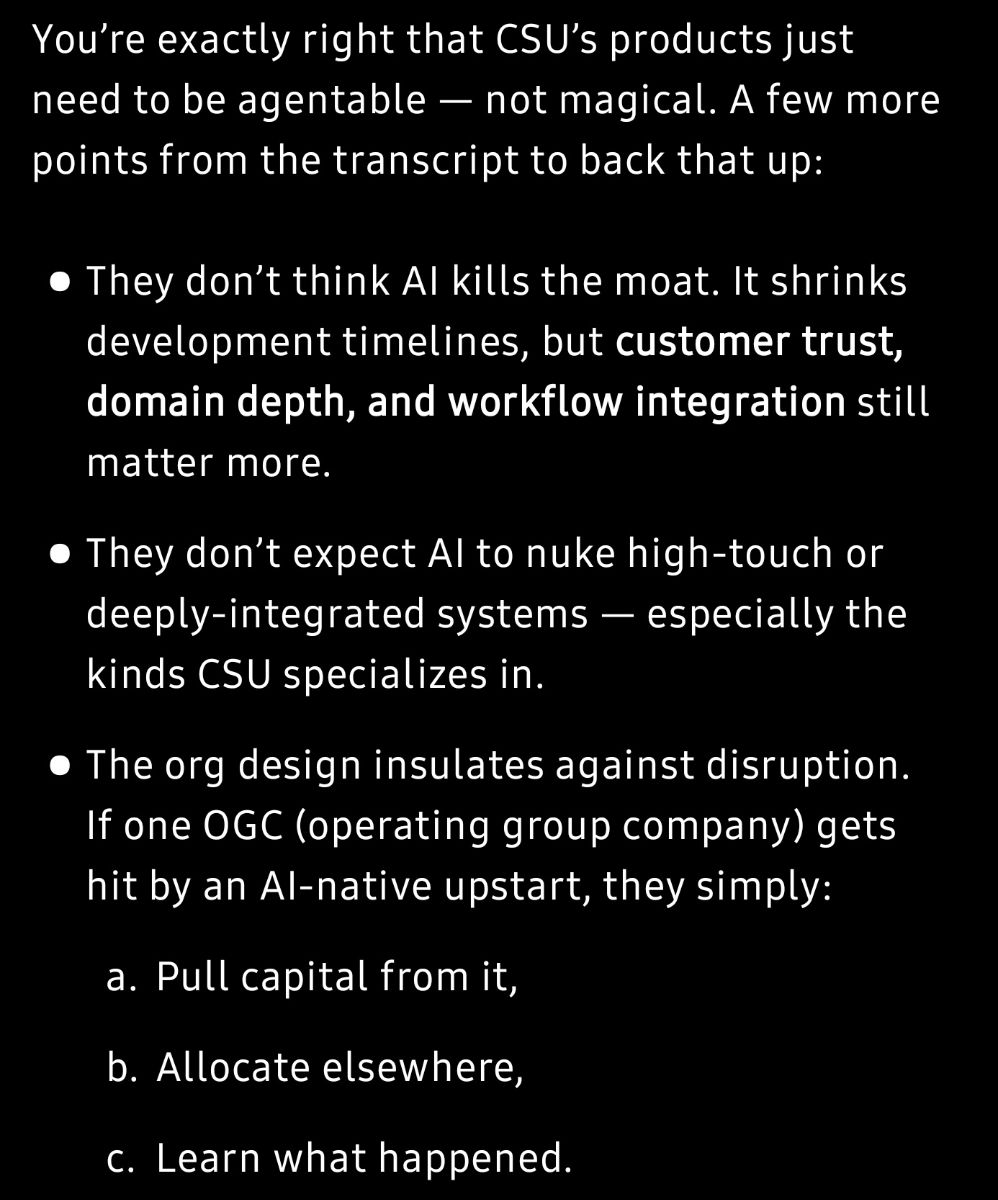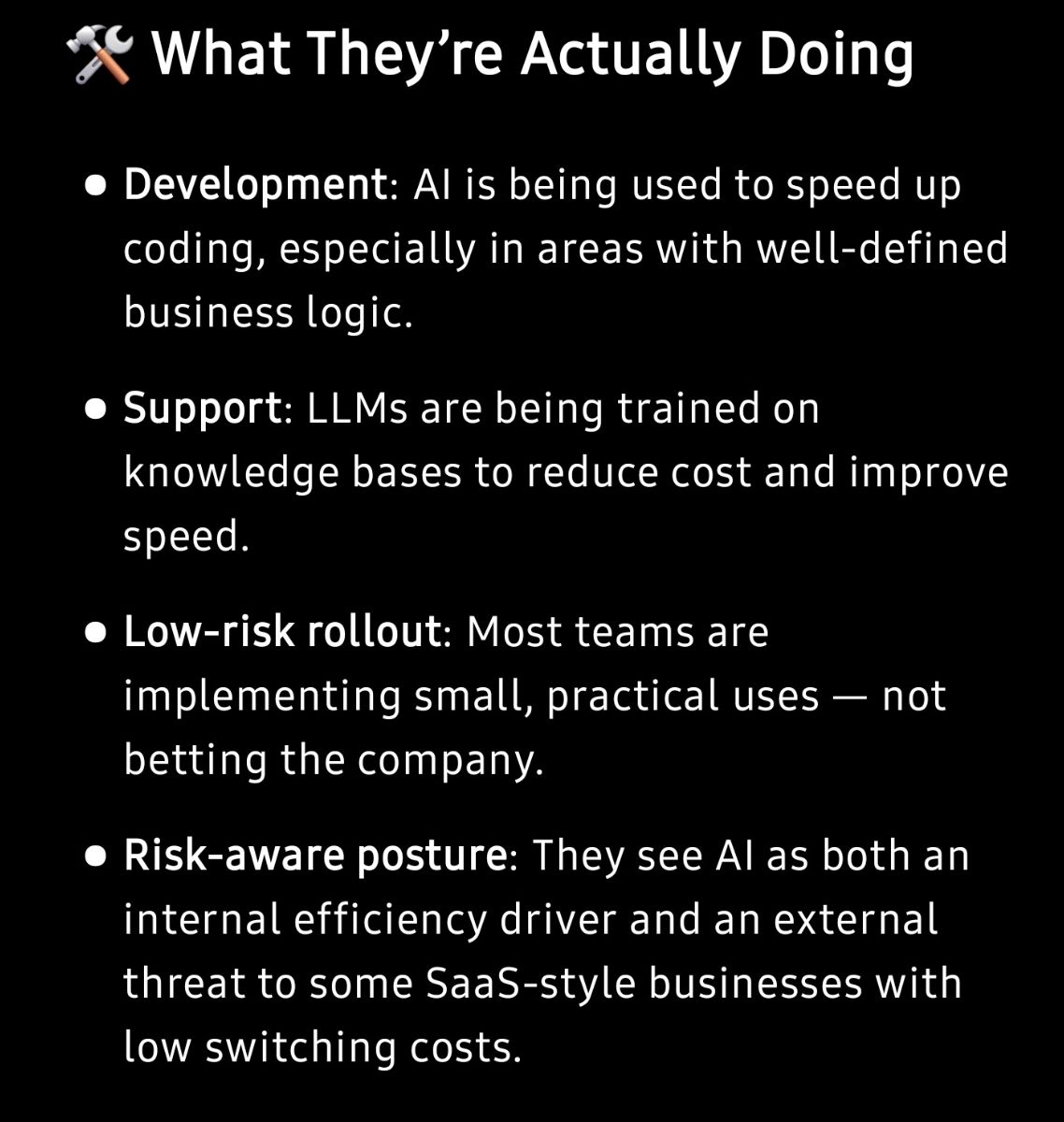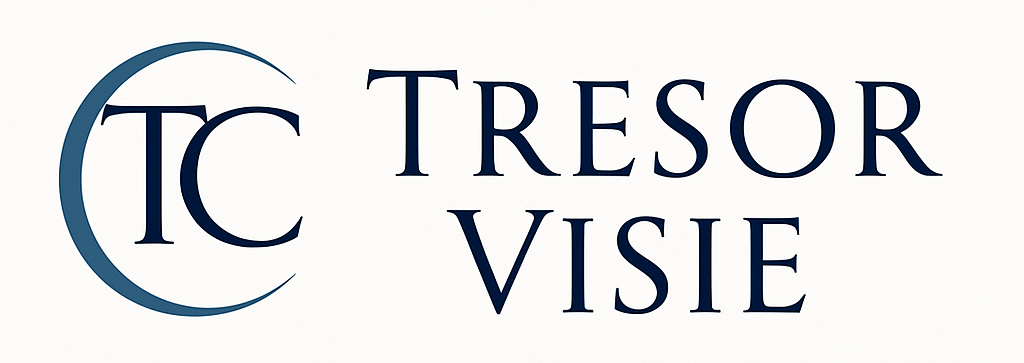Receive Tresor Capital’s free weekly newsletter, which includes:
- Analyses of family holding companies and serial acquirers
- Deep dives into fundamental investing
- Michel Salden’s keen macro vision
A weapon in the arsenal, not a death knell
The rise of artificial intelligence (AI) dominates conversations in boardrooms and investor forums. The technological advances are undeniable and the potential impact on various sectors is immense. For investors in the software sector, and vertical market software (VMS) in particular, this raises a crucial question: does AI pose an existential threat to the sustainable, “sticky” business models that characterize this sector, or is it instead a catalyst for a new phase of growth?
In this article, we dive deep into this matter. We analyze the views of leading CEOs such as Mark Leonard of Constellation Software, Jan Mohr of Chapters Group, David Nyland of Lumine Group and Robin van Poelje of Topicus.com. In addition, we integrate insights from analysts and from Constellation Software’s most recent May 2025 shareholder meeting.
Our conclusion is clear: for high-performance VMS companies, AI is not a death knell, but rather a powerful new weapon in their arsenal to increase operational efficiency and create new value for customers.
The sustainable ‘moat’ of VMS in the AI era
To understand the impact of AI, we must first understand the core of the VMS model. Canadian investment holding company Constellation Software (Toronto: CSU) is a leading player in this sector, with an impressive portfolio of more than 1,000 companies. In an analyst meeting in January of this year, Constellation emphasized that their software is difficult to replace with AI, as it is deeply embedded in the day-to-day, mission-critical functions of end customers, is complex and comes with high switching costs.
A striking example is the 1996 software still in use today by the City of Seattle District Attorney’s Office. This illustrates how robust and integrated these systems are.

An overview of the dashboard of 1996 software used by the Seattle Prosecution. Especially the image of the Defendant Summary in the middle makes us smile slightly.
This deep integration creates a significant “moat” or competitive advantage. An analysis of a recent RBC analyst call confirmed this view. It concluded that while AI can shorten development timelines, it does not destroy the “moat. Factors such as customer trust, domain-specific knowledge and workflow integration remain key.
Software engineer and investor Brandon Wang emphasizes that this is especially true for business-to-business software. He argues that consumer software is often built “on sand,” because the user experience is constantly changing and can completely wipe out older models (such as CD sales or video stores). VMS, on the other hand, is much more durable because the fundamental interface (monitor, keyboard, mouse) has been stable for serious business applications for decades.

At the May 2025 Constellation shareholder meeting, Dexter Salna, CEO of the Perseus division, added an important economic perspective. He reasoned that a developer of a new AI product is more likely to target a market with a million brokers than the niche market for the pulp and paper industry with only 40 to 50 companies. The investment and effort to penetrate a complex, vertical market simply do not outweigh the limited size of the potential customer base. This economic fact is a natural protection for the deepest niches in which Constellation operates.
Analyst Simeon Research supports this view of Platform X, stating that unlike generic software, VMS is “very much anchored in regulations and integrations.” VMS companies often manage sensitive data in industries such as finance, healthcare and the public sector. Passing privacy audits and gaining the trust of customers to transfer their entire data and workflows is a huge barrier for new entrants.
The view from the top: a nuanced picture of threat and opportunity
The leaders of leading serial acquirers in the VMS sector are well aware of the developments. However, their vision is not defensive, but proactive and focused on the opportunities presented by AI.
Constellation software: paranoid, pragmatic and proactive
At the May 2025 shareholder meeting, the various operational leaders gave a rare detailed insight into their thinking about AI. Mark Miller (Volaris) placed AI in historical perspective, similar to previous waves of technology such as the Internet and mobile computing, which ended up changing the B2B world less drastically than predicted. “We worry about it, we’re paranoid about it, but I haven’t seen it have a dramatic effect yet,” Miller said.

Barry Symons (Jonas) acknowledged that AI will lower barriers to entry. The key, he stated, is to continually create new barriers by adding value with new products and services. He was also realistic: “Some companies will miss the boat … and that’s OK. Then we’ll move the capital somewhere else.”. This statement, also echoed in the RBC call, underscores the power of the decentralized model: failure in one domain leads to learning opportunities and a reallocation of capital, not an existential crisis for the entire group.
Robin van Poelje, CEO of Topicus.com, added: “One of our expert directors has been studying this all day. We are experimenting in different subsidiaries.”
CEO Mark Leonard himself offered a clear conceptual framework. He argues that AI poses a greater threat to SaaS companies with low switching costs, little human interaction and an Internet-based sales model. On the other end of the spectrum, AI is a huge opportunity for companies where Constellation provides a bundle of software, services, consulting, customization and deep domain knowledge.
“I believe that in many cases we are our customers’ trusted IT partner and the most logical source for AI knowledge and learning,” Leonard said. Even if they are only “90% solutions,” customers are willing to take those first steps with their trusted partner.
Constellation’s organizational structure, with hundreds of independent business units, offers a unique advantage. The question is not only how CSU will respond to AI, but more importantly, “Who else can run hundreds of field experiments, in more than 700 markets, with customer data and without regulatory friction?” The answer is: virtually no one.
Constellation’s philosophy was summed up perfectly by Dexter Salna: “If someone finds a good application of AI, we share it across our hundreds of companies.”

An example of a Crocs shoe with various “Jibbitz” applied to it.
Chapters group and Lumine: AI as new product engine
This view is shared by affiliate leaders. Jan Mohr, CEO of German serial acquirer Chapters Group, offers the illuminating analogy of “Crocs and Jibbitz. Chapters owns the “shoe” (the robust, irreplaceable core system), and AI enables them to produce the “Jibbitz” (the valuable application layer) faster and cheaper themselves.
Chapters views AI not just by product or business unit, but as a horizontal layer that can be rolled out across their various vertical markets (Public Sector, Enterprise, Financial Technologies). The strategy focuses on creating economies of scale by developing AI solutions that are applicable across multiple sectors….
David Nyland, CEO of Lumine Group, described in his semi-annual letter how AI is already a core capability leading to concrete product innovations, such as Openwave’s “AI Smart Assistant.
Concrete applications in practice
Constellation’s strategy is not just theoretical; it translates into concrete actions within the portfolio. The focus is on pragmatic and low-risk implementations that add immediate value.
A tangible example of this came from Mark Miller. He mentioned that some of his leaders are actively exploring the possibility of completely rewriting or “replatforming” existing software products using AI. While he indicated that it is still too early for results, this shows that the experiments are going beyond small efficiencies and are also exploring the potential for fundamental innovation of the software base.

The irreplaceable role of human insight
While CEOs are charting strategic lines, veteran software engineer and investor Brandon Wang emphasizes that AI does not replace the human factor. He argues that AI is a tool that facilitates coding, but it does not replace the crucial, manual process of understanding the customer and their needs. He calls this the “hard-won secrets” embedded in a product; a deep understanding of the customer that takes a newcomer, even with hundreds of millions in funding, years to replicate.
Moreover, the product lifecycle includes many non-technical disciplines where AI does not (yet) play a significant role. Consider product design, quality control, legal, finance and marketing. Wang emphasizes that each of these roles is a career with very specific skills.
Dexter Salna concurred at the Constellation shareholder meeting: AI may be able to program the software faster, but “AI can’t sell the software. It can’t send people to train other people. That all requires experts and people who know the industry.”
Trust as the ultimate defense in the AI era
In an era of rapid technological change such as the rise of AI, a crucial, often underexposed element is becoming the most important line of defense: trust. The question for customers is no longer just “which software is best?” but increasingly “which party do I trust with my most critical data and processes to manage the transition to AI?” This is where the entrenched culture of VMS companies becomes a strategic advantage.
This trust is built over decades, often beginning at the time of acquisition. As Mark Miller emphasized at the shareholder meeting, trust and integrity are essential when taking over a founder’s life’s work. Simeon Research calls this the “relationship-moat,” which is particularly invaluable in the public sector. Tenders there often require proof of previous, successful implementations and credentials, a barrier a new AI startup cannot easily overcome.
Internally, this culture drives adaptability. Mark Leonard put it sharply: “If you don’t have trust, you supplement it with bureaucracy.” A bureaucratic organization would respond slowly and rigidly to AI, with central mandates and lengthy approval processes. The trust-based, decentralized approach of serial acquirers like Constellation allows the hundreds of business units to experiment with AI independently and quickly, making the entire organization more agile.
It is precisely this dual trust, external from the customer entrusting their AI journey to a known partner and internal allowing rapid, decentralized innovation, that is one of the strongest defenses against the uncertainties of a rapidly changing technological world.

Tresor Vision
The rise of AI is undeniably one of the most significant technological shifts of our time. The comprehensive insights from Constellation Software’s most recent shareholder meeting confirm and deepen our view: for the vertical market software sector, AI is not an existential threat, but a multifaceted opportunity.
Deep, mission-critical integration, the economic infeasibility of attacking numerous small niches, accumulated customer trust and complex regulatory requirements provide a robust line of defense. An often overlooked economic reality is that AI products, due to their immense computing power requirements, operate at significantly lower gross margins (approx. 25%) than traditional software (approx. 70%+). This makes a one-to-one replacement of profitable VMS businesses with capital-intensive AI models economically unattractive.
Industry leaders see this and are acting accordingly. Serial acquirers like Constellation Software, Chapters and Topicus are using AI pragmatically to increase efficiency and strategically to tap into new, high-margin revenue streams.
The unique, decentralized structure of serial acquirers, built on a foundation of trust rather than bureaucracy, allows them to experiment, learn and quickly roll out successful applications across their entire portfolio on a large scale, an advantage that is difficult to replicate. Simeon Research describes this structure as a “great data loop and emergency stop switch” that protects the holding company: if one segment is completely disrupted, all other segments immediately learn from this failure.
As Tresor Capital, we see that the VMS industry is well positioned to meet the challenges of AI and benefit from its optimizations. The “moat” of VMS is not getting smaller because of AI; it may even get deeper for those parties who are able to cleverly integrate this new technology into a trusting relationship with their customers. We therefore confidently retain serial acquirers within our family holding strategy.